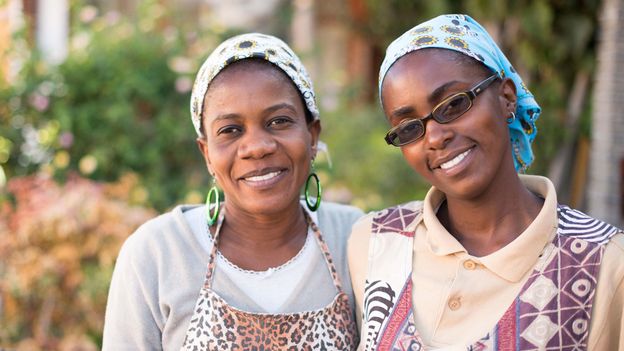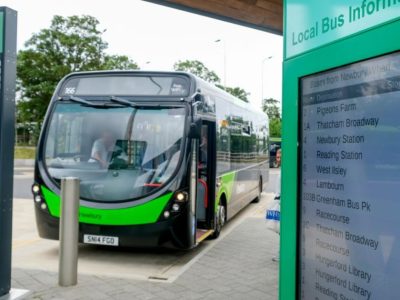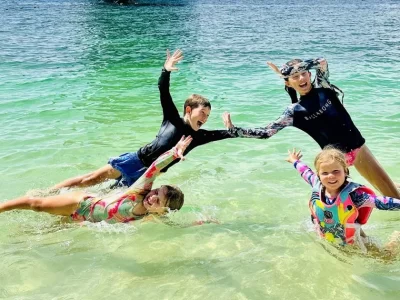Namibia
The only African country in the top 10, Namibia’s gender gap is estimated to be 80.2% closed, putting it in eighth position. That means it bests many countries in other parts of the world, including the United Kingdom (15th, 79.2%), Spain (18th, 79.1%), Canada (30th, 77%) and the United States (43rd, 74.8%).
The country’s ranking makes sense to Penohole Brock, a Namibian former gender sensitivity trainer who is now at the Ministry of International Relations and Cooperation. “A lot of our ministers are female. A lot of our ambassadors are female. And my work colleagues, I would say, do not face discrimination when it comes to career trajectory – it’s been a very healthy work environment in that sense,” she said.
Still, representation is only part of the equation. “Gender parity is a great step in the right direction. But now it’s time to look at and analyse, ‘Okay, but then what are these female voices advocating for?’,” she said. In terms of gender-based violence and sexual harassment, “we still have quite a long way to go”. The 2021 Women Peace and Security Index, for example, placed Namibia 95th, behind other African countries including Mauritius, Rwanda, South Africa and Ghana.
But Brock, who also has lived in both South Africa and Paris, says she wouldn’t want to be anywhere else. “The people, the music, the energy – I love it. It’s so diverse. Each region is so different,” she said. “I see so much potential in Namibia. It’s a wonderful place.”
Living In is a series from BBC Travel that discovers what it’s like to reside in some of the world’s top destinations.
—
Join more than three million BBC Travel fans by liking us on Facebook, or follow us on Twitter and Instagram.
If you liked this story, sign up for the weekly bbc.com features newsletter called “The Essential List”. A handpicked selection of stories from BBC Future, Culture, Worklife and Travel, delivered to your inbox every Friday.










